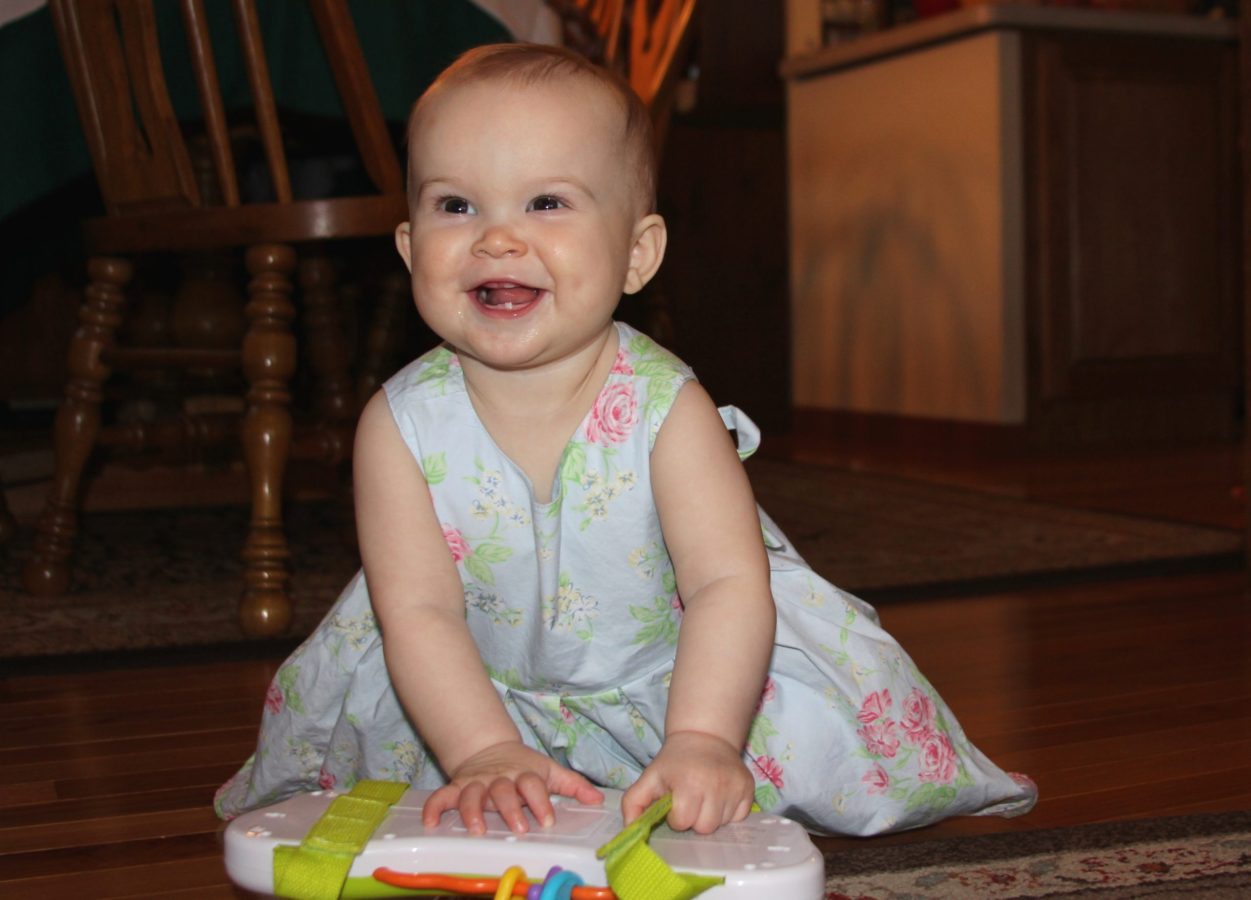Pregnancy can be stressful, and even a little isolating. “I kind of feel like an island,” said a friend of mine recently, who has two children. The physical changes can be troubling—from the nausea and exhaustion that characterize the first trimester for many women to the back pain and “rehearsal” contractions that are common in the third, it can often seem that your body is not your own.
And that’s just the physical part of it. Add to that a whole host of other concerns, from the practical to the existential. You live in a tiny house—where will the baby sleep? You just moved to town and don’t know a soul—who will help you after you give birth? You love to travel and have never been tied down—how does a baby fit into that kind of lifestyle?
All of this caught me a little off-guard during my first pregnancy. Although I have family and friends in town, I felt somewhat adrift. Most of my good friends didn’t have kids yet, so I didn’t really have a “wise older sister” figure in my life to help usher me through the experience. Then I had some complications late in my pregnancy and was abruptly transferred out of my low-intervention midwife practice into the high-risk obstetric side of the clinic. I felt like I was on my own.
So when I became pregnant for a second time, I decided I was ready for a change. I’d heard about group prenatal care, and learned that my clinic had recently started offering it. Basically, group care (my clinic is using the approach known as “Centering”) is just what it sounds like—prenatal care delivered in a group setting. A group of pregnant women, all with similar due dates, meet for collective, two-hour-long medical visits throughout their pregnancies. Women meet one-on-one with their midwife or doctor for the standard prenatal visit, and then spend the remainder of the appointment with the group discussing all things pregnancy related.
Getting to know you
The first session was a little chaotic, but also kind of fun. One by one, all of us pregnant women were called over to the opposite side of the room to meet separately with the midwife. We reported our weight and blood pressure readings (both of which we track personally at each appointment), she listened for the babies’ heartbeats, and we discussed our questions with her.
The part that comes after the checkups is what really distinguishes group care from traditional one-on-one, clinic-based care. The first session was more focused on “getting to know you” kinds of activities, and introductions of the facilitators (a nurse and a midwife) and the participants (about 10 pregnant women, some with husbands or partners in tow). I was impressed by the turnout—I’m a freelancer and I work from home, so a two-hour appointment isn’t a big inconvenience for me. However, it was clear that others had taken several hours away from work to be there.
As the weeks and months wore on, we had a few dropouts who switched clinics or decided group care wasn’t for them. But in general, everyone seemed to be enjoying the activities and getting something out of the sessions. In the hour and a half after the check-ups we discussed eating and physical activity during pregnancy, signs of labor, breastfeeding, and other cogent topics. We had the occasional guest speaker, including a nutritionist and a postpartum support group leader who led a discussion about what challenges we might encounter during the postpartum period.
Although it wasn’t as in depth, much of what we discussed in our sessions was quite similar to what I had sought out, piecemeal, during my first pregnancy. That is, instead of signing up for a slew of childbirth preparation, breastfeeding, and baby care classes all around the city I got much of the same information at my regular prenatal appointment. As a second-time mother in particular, this was appreciated—there was little chance of me signing up for any of those “childbirth refresher” classes the second time around, no matter how noble my intentions.
The other women in my group have enjoyed the experience, as well. “I really enjoyed the discussion topics, the questions, and the conversations…all things we might have missed in just an in-clinic visit,” said Rachel Aldrich, one of the women in my group. “While I have several friends and family members who have been pregnant, there is nothing quite like experiencing pregnancy and sharing stories with others who are experiencing it at the same time.”
Shannon Keough lives in Minneapolis with her husband,
Nick, and daughter, Lydia. Send questions or comments to
[email protected].
















